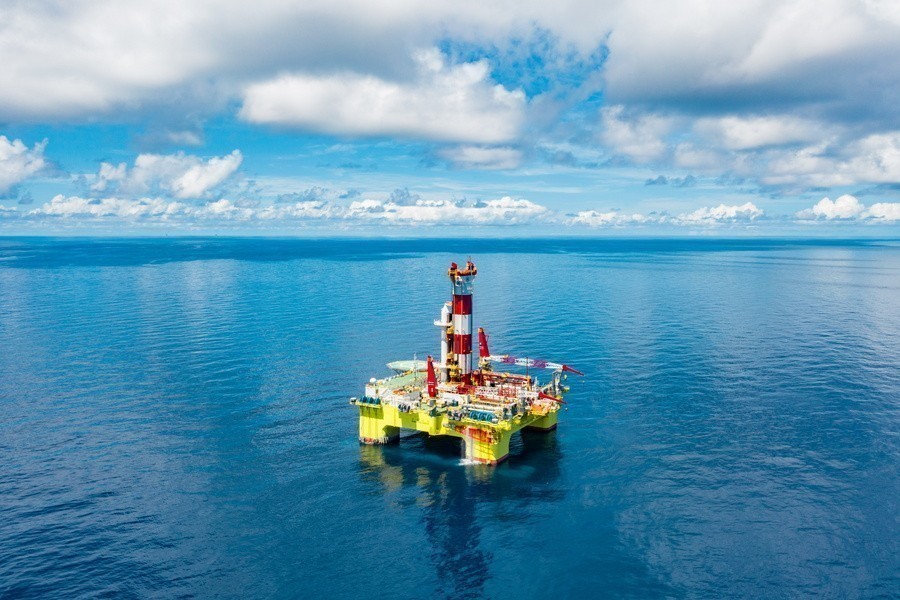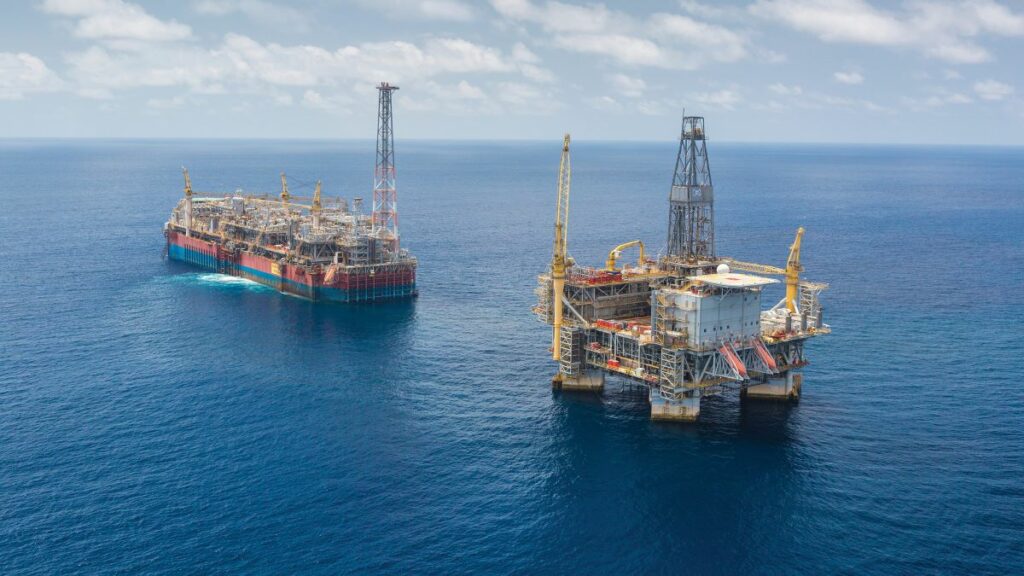
Hydrocarbon exploration, exploitation to follow strict environmental guidelines, gov’t says

Prime Minister Alexis Tsipras said, “the application of the strictest environmental protection legislation globally” will define every step of the project. APE-MPE
The signing of an agreement between the Greek state with the consortium of ExxonMobil, Total and Hellenic Petroleum (HELPE) on Thursday for hydrocarbon exploration and exploitation off Crete will obviously result in several benefits for the country. Beyond the benefits, however, the government is mindful of protecting the country’s great wealth, its environment, leading officials underlined.
From now on, Prime Minister Alexis Tsipras said, “the application of the strictest environmental protection legislation globally” will define every step of the project.
Environmental safeguards
A recent law legislates the Hydrocarbon Observatories, through which local communities may participate in decision-making through institutional processes and agencies. The law explicitly forbids fracking, blamed for severe environmental damage.
Further steps were taken by the government in integrating in national legislation all European Union environmental regulations, which also happen to be the strictest ones globally. Areas under the Natura framework will not change classification, and their environmental protection will remain at the same level.
At Chania, on Crete, the newly-established Institute of Petroleum Research will focus on research and exploitation of hydrocarbon beds, and on their environmental effects.
No change in doubling RES use
As Environment and Energy Minister Giorgos Stathakis noted at the signing event, the development of renewable energy sources (RES) is entirely congruent with the Greek plan for the climate and energy being observed to 2030, which calls for doubling RES use from the current 29 pct to 60 pct. “An inalienable part of this great transition into RES is the opportunity to use natural gas, and the access to it, as a transitional fuel that will stabilize the system,” Stathakis noted.
In terms of the environment for the Cretan project, he also mentioned the following measures:
– Obligatory environmental studies for every phase;
– A specialized environmental unit that will serve as coordinating link between local societies, observatories and public services;
– Seismic research conducted under a detailed framework of marine environnmental protection and signoff by the Ministry of Environment before initiating any action;
– Observation in full of obligations and of terms of inter-country agreements signed by Greece, such as that of ACCOBAMS on the protection of cetaceans;
– An environmental benchmark report is being drawn up that will need to be submitted with the annual project programming;
– The Hydrocarbon Observatory will be present at every production session.
With all of these measures in place, Prime Minister Tsipras said, “We are going ahead with respect and responsibly towards the environment and the following generations.”
ANA-MPA

